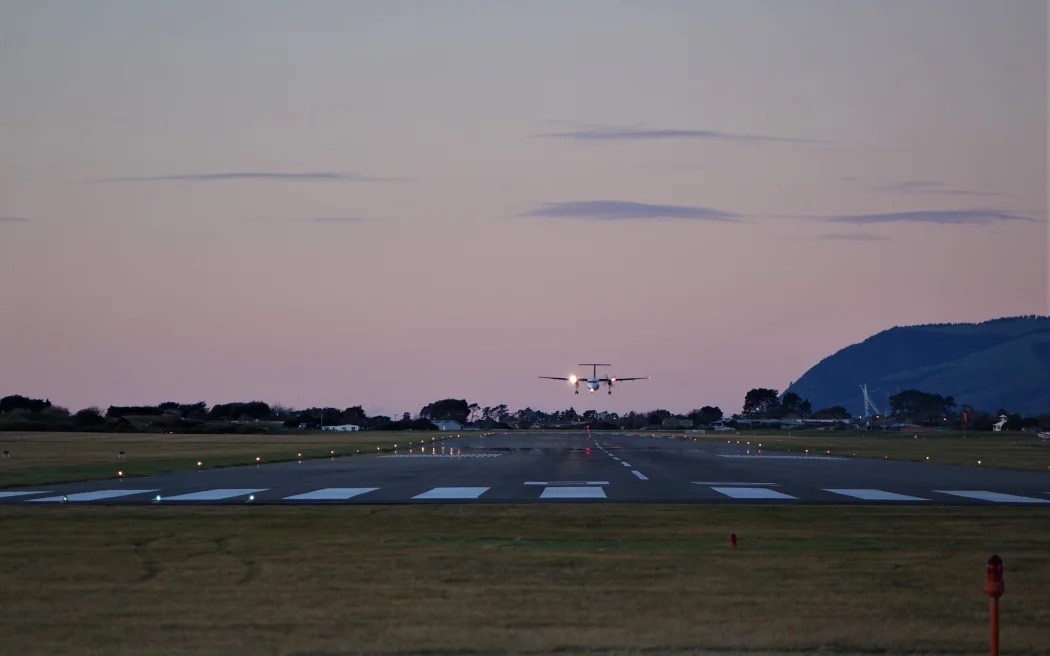Airport’s assessment of runway extension effects inadequate


An Air New Zealand Q300 landing at Nelson Airport. Photo: Tracy Neal.
Nelson Airport has not “adequately addressed” the economic costs and benefits of its proposed runway extension.
The determination was made by an independent resource management consultant working for a company contracted by Nelson City Council to process the airport’s private plan change application.
The consultant states that it is the “applicant’s duty” to at least identify all relevant effects of their proposal, even if minor, because doing otherwise would place a “greater burden” on the relevant stakeholders to show what effects the proposal could have on their own circumstances.
Within that context, and having evaluated other economic assessments, the consultant considers that the “costs and benefits of the proposal have not been adequately addressed” by Nelson Airport.
Some of the unaddressed effects include the costs to the Nelson Golf Club from losing land to the proposed airport zone, the indirect costs to the region from losing an 18-hole championship golf course, and the costs of prohibiting new or unlawful accommodation activities for the Tāhuna Beach Holiday Park within the proposed air noise boundary.
The holiday park’s board agreed, with chief executive David Pattinson saying the park had gone to “considerable expense to fill the gaps of information.”
“Had [Nelson Airport] adopted best practice and provided accurate and comprehensive reports at the start, these failings and deficiencies would have been identified and submitters saved a great deal of stress and cost.”
Nelson Golf Club manager Tony Watkins hopes the economic effects of the proposal are addressed and would rather the airport extend its runway south, rather than north.
“That has the least impact both socially and economically on Nelson… it’s incumbent on the airport to look at that option and try and make that option work,” he says.
“It’s important that the commissioners see the whole story and hopefully they’ll put the right recommendations together.”
Airport commercial manager Simon Barr says the airport had taken advice from a range of independent experts in considering the impacts of their proposal.
“We’ll consider the detail of that memo carefully, along with all the other evidence presented by submitters and experts involved in the planning process,” he said.
“We’ve been transparent about our intentions, including signalling these to our neighbours well in advance of lodging our application with the council.”
The identified gaps in Nelson Airport’s economic assessments will be covered in a report for the hearing panel to ensure the panel has sufficient information to make its decisions.

